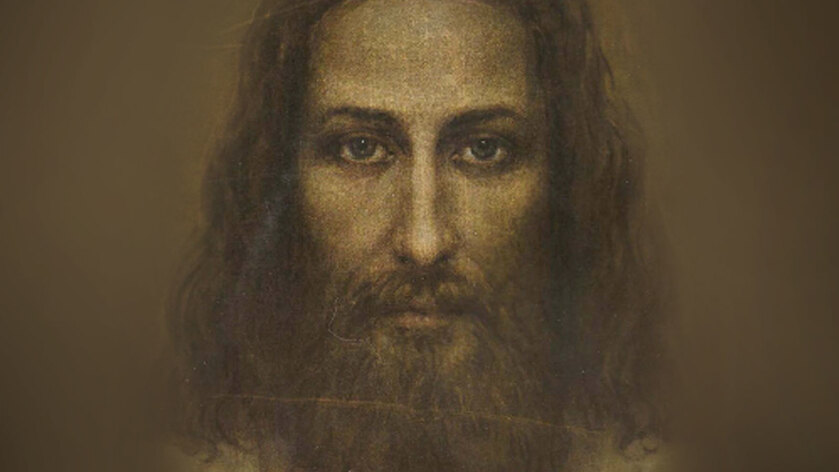Ok, friends, I’m going to lead you in a short time of prayer in which we will surrender everything and everyone to the good Jesus who loves us.
Now, be careful here. When I say Jesus loves us, I do not mean that He loves us, is attentive to us, as a man is attentive to a hive of bees, as a collective blob of humanity. No, He knows you now. He is attentive to you now. He has been present to you since the moment of your conception. How could this possibly be? Ah, friend. Because He is God and you are not. The difference between God and you is infinitely greater than the difference between a parakeet and you. "'My thoughts are not your thoughts, neither are your ways my ways,' declares the LORD" (Is. 55:8). “In him we live, and move, and have our being” (Acts 17:28).
Jesus I believe, help my unbelief.
In these turbulent and frantic days where we find ourselves maxed out by incessant screen time, the 24-hour news cycle, the fear of our aging bodies, wars and rumors of wars, it is so essential that we take refuge in the only refuge big enough for our weary hearts: the good and gentle Jesus, lover of mankind.
“So we do not lose heart, “St. Paul writes, “though our outer self is wasting away, our inner self is being renewed day by day.” (2 Cor. 4:16)
But, without Him, without intimacy with Him we will most assuredly lose heart. We will become like a branch that withers (Jn 15:6).
So … let’s do this. Let’s release everything and everyone to the good God now. It was He who said, “Come to me, all who labor and are heavy laden, and I will give you rest.” And St. Peter who said, “cast all your anxieties on him, because he cares for you.”
Ok, here’s what I want you to do:
- In a moment, close your eyes.
- Turn the posture of your heart away from the many thoughts and distractions that are right now clamoring for your attention and turn it towards the good God who is always present to you.
- Now, tell him that you love him, concentrate the affection of your heart on him. Say, “my good Jesus, you have loved me, I love you in return.” Repeat that as many times as you’d like.
- Now say this to him: “Jesus, I surrender everyone and everything to you.” Repeat this calmly and quietly. It may help to name what it is you are in need of releasing to Jesus. You might even say, "I release the fact that I do not know how to release these things to you." Be vulnerable with Him. He's so good and so kind.
Jesus, harbor for souls tossed by the storms of life, we love You, we take shelter in You. You are enough. You are everything. You’re the only one who can calm my poor, wretched heart. I beg You, Jesus, for the all of the grace and mercy that I so desperately need this day. I trust in Your goodness, Jesus. I trust in Your affection for me. I trust that You have prepared a place for me in Heaven. I thank You for who you are. So good, so gentle, so merciful.
Amen.




















